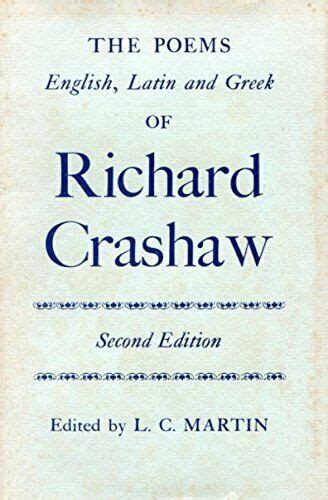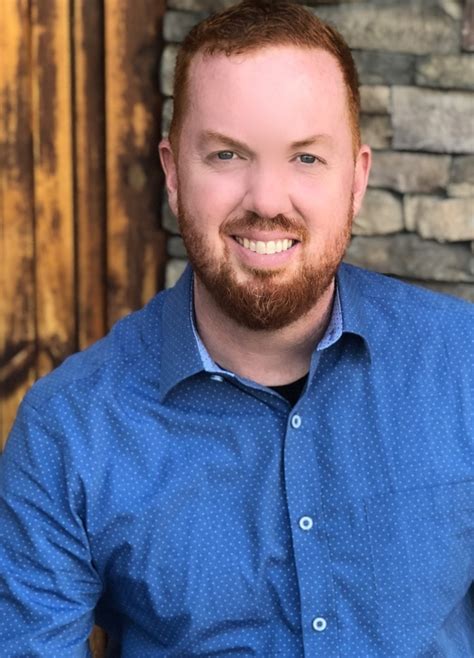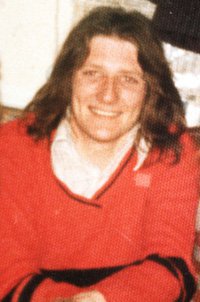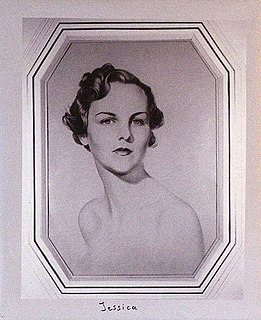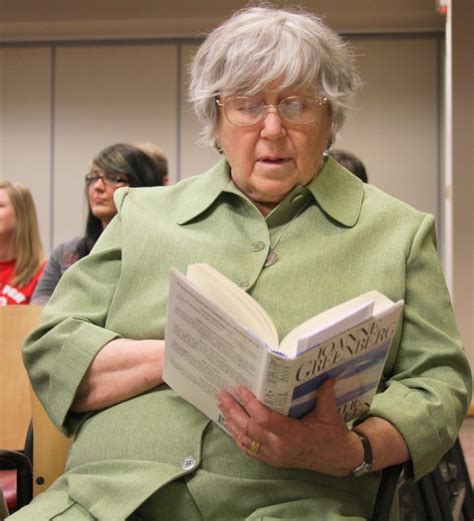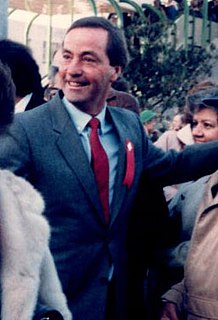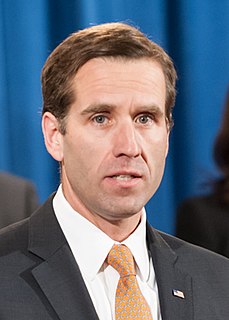A Quote by Richard Crashaw
And I, what is my crime I cannot tell,
Unless it be a crime to haue lou'd too well.
Related Quotes
The best crime stories are always about the crime and its consequences - you know, 'Crime And Punishment' is the classic. Where you have the crime, and its consequences are the story, but considering the crime and the consequences makes you think about the society in which the crime takes place, if you see what I mean.
Once I got interested in organized crime, and, specifically, Jewish organized crime, I got very interested in it. I have learned that, like my narrator Hannah, I'm a crime writer in my own peculiar way. Crime with a capital "C" is the subject that I'm stuck with - even Sway is about "crime" in a certain way. The nice thing about crime is that it enables you to deal with some big questioO
Many writers claim that nearly all crime is caused by economic conditions, or in other words that poverty is practically the whole cause of crime. Endless statistics have been gathered on this subject which seem to show conclusively that property crimes are largely the result of the unequal distribution of wealth. But crime of any class cannot be safely ascribed to a single cause. Life is too complex, heredity is too variant and imperfect, too many separate things contribute to human behavior, to make it possible to trace all actions to a single cause.
During the Great Depression, levels of crime actually dropped. During the 1920s, when life was free and easy, so was crime. During the 1930s, when the entire American economy fell into a government-owned alligator moat, crime was nearly non-existent. During the 1950s and 1960s, when the economy was excellent, crime rose again.
I think there is a lot of crime caused by desperation, and it doesn't mean that people commit crime because they're poor, but certainly a lot of people who are poor commit crime and they might not if they weren't poor. You understand the difference there? That's not news, but it comes up when I hear people say poverty doesn't affect crime - that crime is still going down in America even though the economy is bad.
